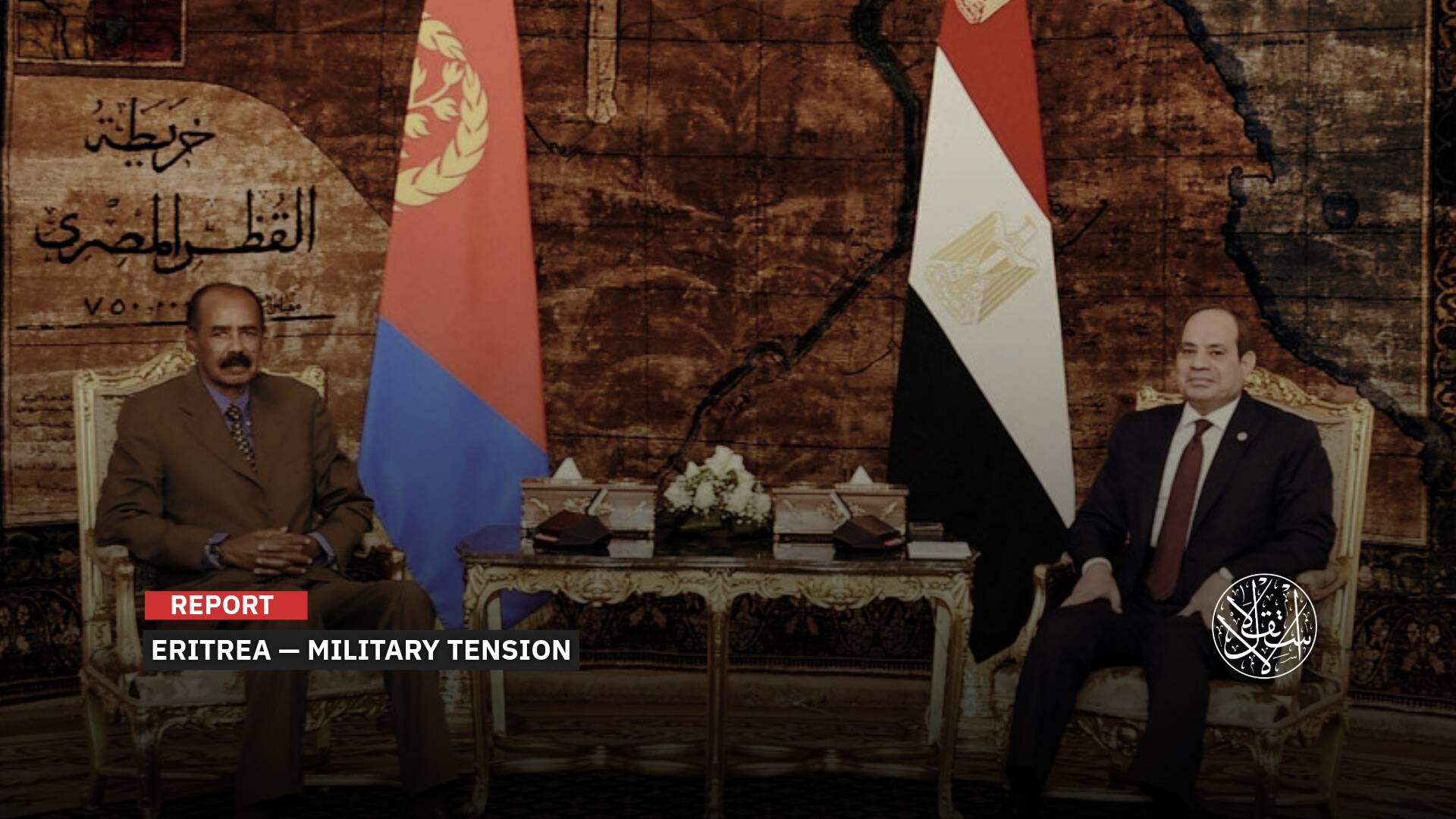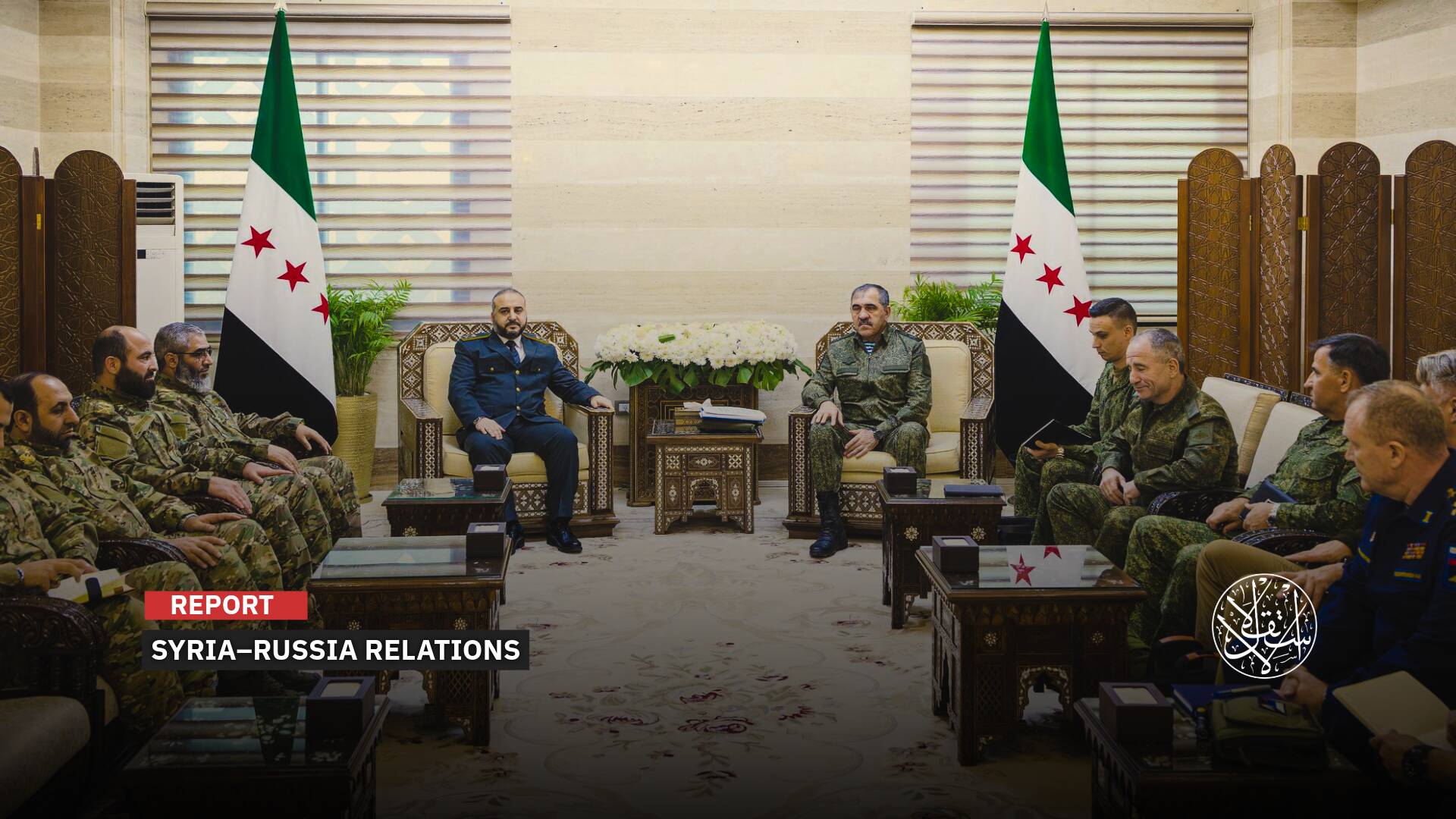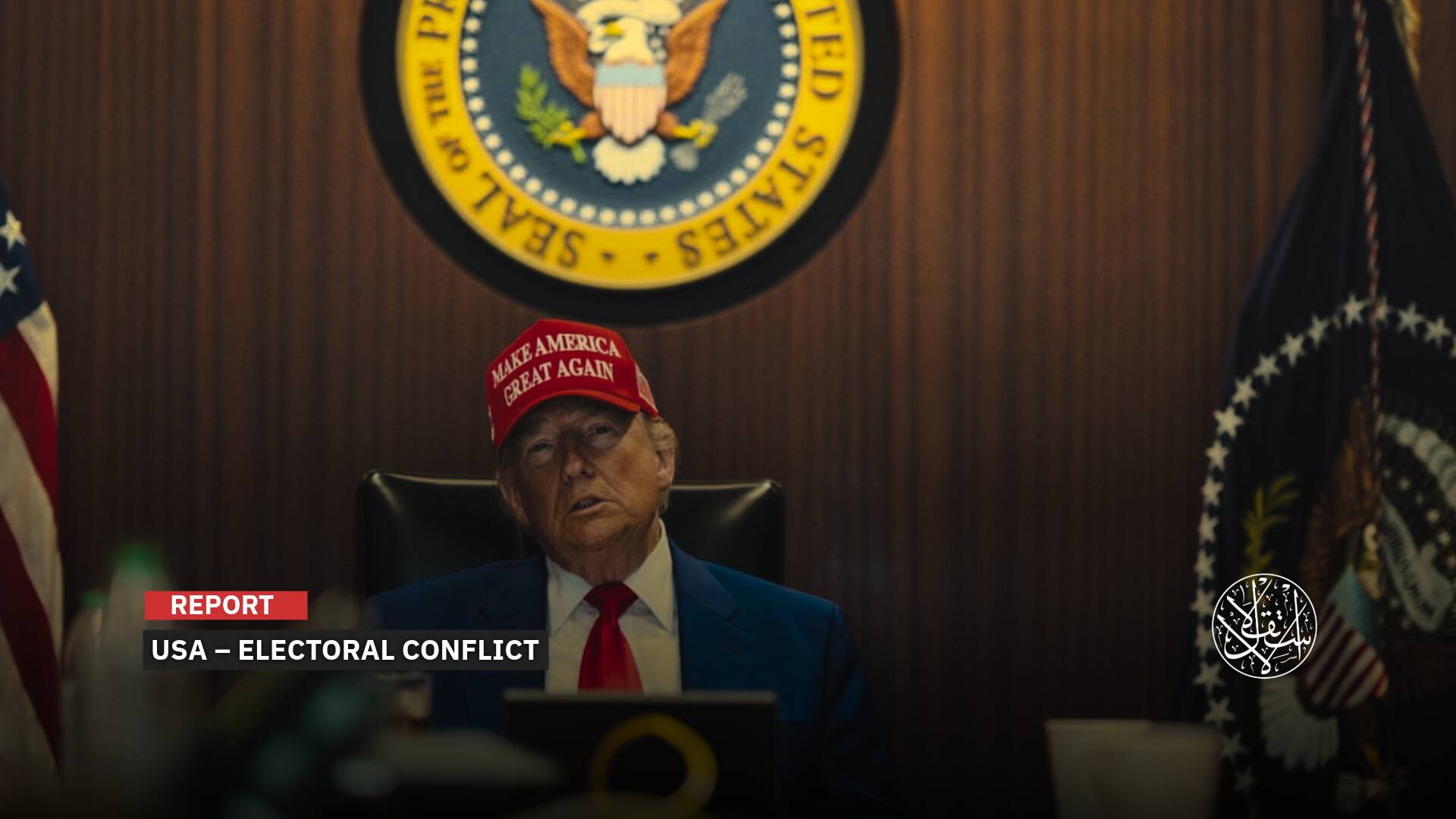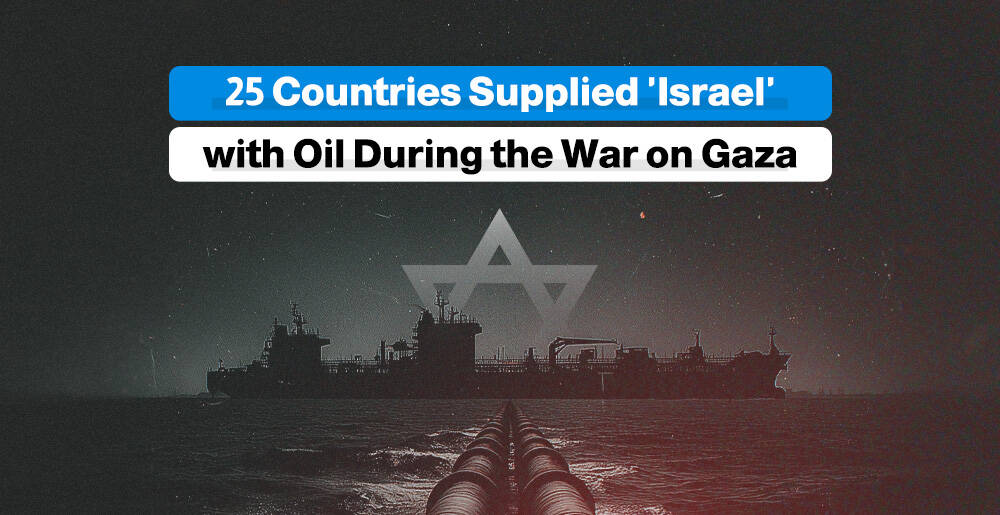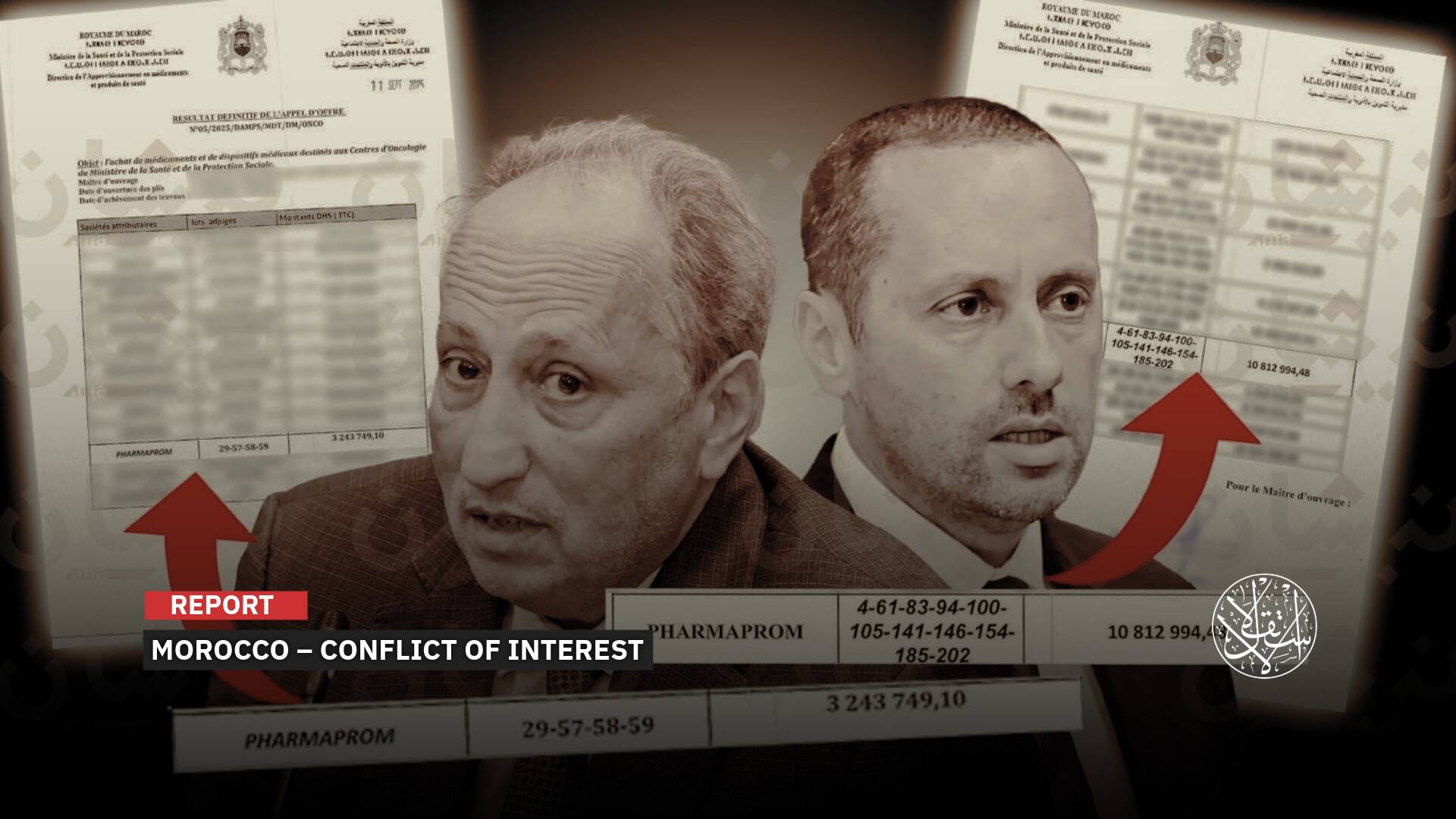Impossible Demands: Why Is the SDF Blocking Full Integration With the 'New Syria'?

“By dragging its feet, the SDF is effectively stalling for time—raking in $2.5 million a day from oil, taxes, and border revenues.”
The Syrian Democratic Forces (SDF) continue to resist integration into the new Syrian state and the handover of their territories to Damascus, signaling a clear bet on separatist ambitions.
A new round of negotiations between the transitional Syrian government and the SDF—held in Damascus on July 9, 2025, under U.S. sponsorship—revealed the SDF’s lack of seriousness in implementing the agreement signed on March 11 between transitional President Ahmed al-Sharaa and SDF commander Mazloum Abdi.
The agreement calls for the full integration of all civilian and military institutions of the Kurdish-led Autonomous Administration into the Syrian state—this includes border crossings, airports, and oil and gas fields.

SDF-Damascus Talks
According to Hawar News Agency (ANHA), which is close to the Kurdish-led Autonomous Administration, a new round of negotiations was held in Damascus between the Syrian government and representatives of the Syrian Democratic Forces (SDF).
The Syrian delegation included Foreign Minister Asaad al-Shaibani, Interior Minister Anas Khattab, Defense Minister Murhaf Abu Qasra, and Intelligence Chief Hussein al-Salama.
From the SDF side, attendees included SDF commander Mazloum Abdi, the co-chairs of the negotiating delegation—Fawza Yousef and Abd Hamid al-Mehbash—as well as the head of foreign relations for the Autonomous Administration, Ilham Ahmed.
According to an unnamed source cited by Hawar, the two sides discussed mechanisms for implementing the terms of the agreement signed in March 2025 between al-Sharaa and Abdi, and explored ways to overcome existing obstacles.
The discussions reportedly addressed the status of border crossings and how to integrate institutions in northeastern Syria with those of the central government, with a focus on security and military coordination.
Media outlets close to the SDF said the meeting was also attended by U.S. envoy to Syria Thomas Barrack and representatives of the French government.
Barrack told the Associated Press that significant differences remain between the two sides. He also told Rudaw Media Network that the SDF has been “slow” in negotiating with the Syrian government and that federalism “doesn't work.”
“I think SDF has been slow in accepting and negotiating and moving towards that, and my advice to them is to speed that,” Barrack said. “There is only one road and that road is to Damascus.”
On July 10, 2025, a source told Syria TV that the Syrian government rejected several SDF proposals during the Damascus meeting and warned against attempts to circumvent the March 2025 agreement.
According to the same sources, the SDF delegation insisted on retaining its independent military structure and joining the Syrian army as a separate force under the same name—Syrian Democratic Forces. It also pushed for a decentralized system that would grant it broad administrative and security powers in northeastern Syria.
However, the Syrian government maintained that northeastern Syria must fall under the full administrative and security authority of the central government in Damascus. It urged the SDF to stop stalling and commit seriously to implementing the March agreement.

Unrealistic Demands
Damascus has warned of serious consequences if delays and attempts to sidestep the March 2025 agreement persist, as the SDF seeks more time to implement the deal.
In an official statement published by the Syrian Arab News Agency (SANA) on July 9, 2025, the government emphasized in a statement that “the Syrian state reaffirms its firm commitment to the principle of One Syria, One Army, One Government, and categorically rejects any form of partition or federalism that undermines the sovereignty of the Syrian Arab Republic and the unity of its land.”
“The Syrian Army is the national institution that unites all citizens.”
“The Syrian state insists on the return of official state institutions to the northeast, including service, health, education, and local administration bodies, to ensure essential services for citizens, end the administrative vacuum, and strengthen societal stability,” the statement added.
“While the government understands the challenges facing some factions within the SDF, it warns that any delay in implementing the signed agreements does not serve the national interest, but rather complicates the situation and hinders efforts to restore security and stability to all Syrian regions.”
The SDF currently controls 90% of Syria’s oil fields and 45% of its gas production, most of which is located in the provinces of al-Hasakah and Deir ez-Zor.
“It’s the SDF’s excessive and unrealistic demands that are stalling its integration into the Syrian state,” Syrian military and strategic expert Colonel Fayez al-Asmar told Al-Estiklal.
“SDF leadership is making unreasonable requests before even gaining acceptance from the Damascus government—something no patriotic Syrian would support.”
According to al-Asmar, the SDF is demanding “an independent military and security bloc responsible for eastern Euphrates, border crossings, and checkpoints, in addition to a decentralized governance structure and a share of Syria’s oil revenues.”
The expert warned that if the government were to accommodate such demands, it could open the door for other ethnic and sectarian groups—Druze, Alawites, Turkmen, and others—to make similar claims, ultimately weakening the Syrian state and turning it into a fragmented country.
“While the Syrian state has so far refrained from using military force—despite having the capacity to do so—and continues to seek nonviolent solutions, it warns that if all peaceful and negotiated paths are closed, it may have no choice but to take harsh measures as a last resort.”

Deliberate Sabotage
In recent weeks, senior officials from the Syrian Democratic Forces (SDF) have ramped up media statements declaring that they will not compromise on demands for a decentralized, pluralistic political system in post-Assad Syria.
Syrian political figures, however, warn that Kurdish calls for decentralization threaten the country’s national unity.
According to media sources, figures from the Kurdistan Workers’ Party (PKK) are pressuring SDF commander Mazloum Abdi to delay implementation of the agreement signed with the Syrian government.
Syrian researcher Samer al-Ahmad noted that this latest round of talks between Damascus and the SDF was supposed to focus on practical mechanisms to implement the March 2025 agreement. “But the SDF delegation came with the clear intention of derailing the session,” he said in a video posted to X.
Al-Ahmad explained on X that the Syrian government had proposed activating joint committees to integrate SDF military and service institutions into the Syrian state. However, “the SDF delegation shifted the discussion entirely—demanding amendments to the constitutional declaration, recognition of federal-style administrative decentralization, continued autonomous rule over the provinces of al-Hasakah, ar-Raqqah, and Deir ez-Zor, and for the SDF to join the Syrian Army as a unified bloc—mirroring the model used in Iraqi Kurdistan.”
“These demands escalated tensions, prompting Damascus to reject the proposals outright and insist on full implementation of the March 2025 agreement—effectively signaling its collapse,” he added.
“The SDF’s intransigence is meant to shape a defiant public narrative, especially following a meeting two months ago between Kurdish parties and the SDF that raised the ceiling of Kurdish political demands toward Damascus.”
“The SDF is trying to project strength to its base—presenting itself as immune to pressure and capable of pushing back against the Syrian government,” according to the researcher.
Al-Ahmad noted that Damascus, in a message aimed at Washington through the U.S. envoy, firmly reiterated that federalism is not an option for Syria.
He added that by derailing the talks, the SDF seeks to sustain its mobilizing rhetoric, telling residents in areas under its control that it will not implement the agreement with Damascus unless forced to by American pressure.
“By dragging its feet, the SDF is effectively stalling for time—raking in $2.5 million a day from oil, taxes, and border revenues.”
Sources
- Syrian Government Open to Talks with SDF as U.S. Envoy Says Disputes Remain [Arabic]
- Damascus Reaffirms Unified Army and Government, Rejects Any Division [Arabic]
- Rejecting All Forms of Federalism, Damascus Welcomes Any Path with SDF That Strengthens National Unity [Arabic]
- Syrian President and Kurdish militia leader fail to meet during US envoy's Damascus visit
- Syrian Government: We Reject Any Form of Partition or Federalism That Undermines State Sovereignty



